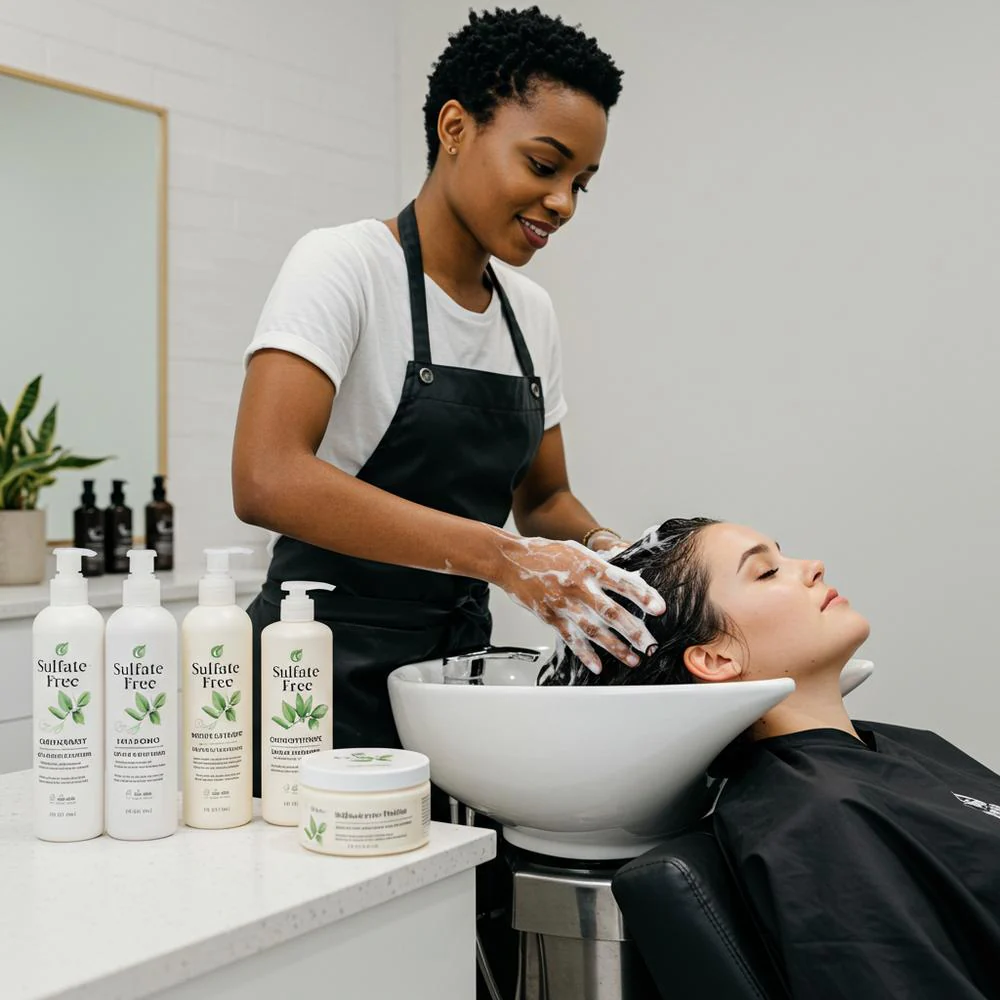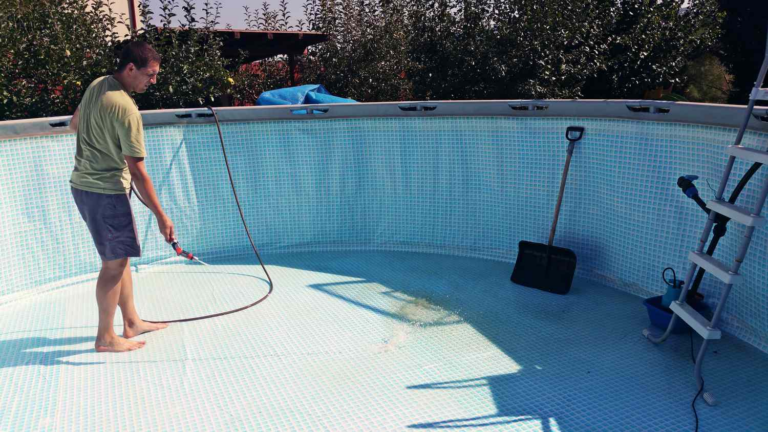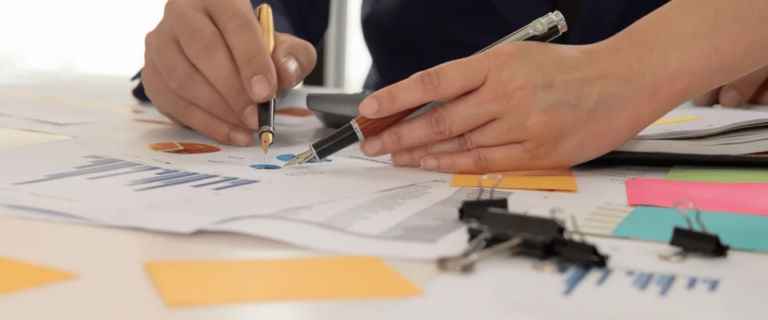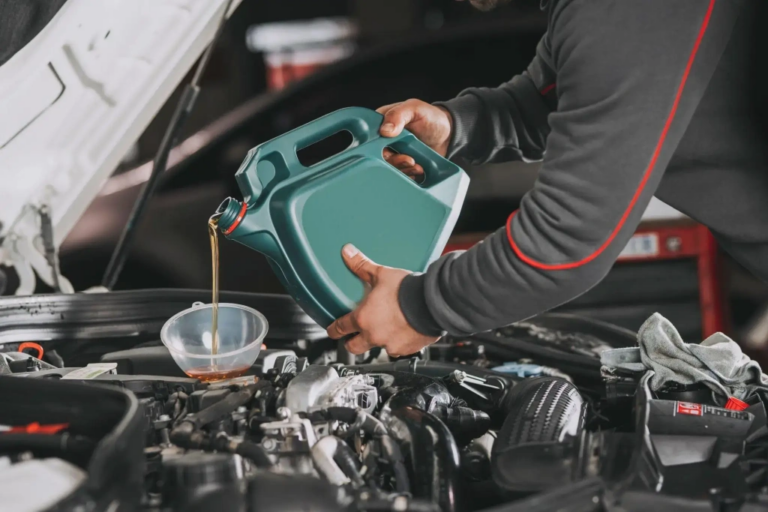Maintaining stunning, healthy hair requires an entire approach that takes into account a myriad of elements. It involves creating mindful care regimens, making lifestyle decisions, determining the optimal frequency for washing, deciding on appropriate hair products, including natural hair styling techniques, and ensuring a healthy diet. Avoiding common pitfalls and recognizing the particular requirements of hair could result in a unique and impressive personal expression.
Determining Hairwash Frequency
The washing of your hair is a crucial part of any haircare routine. The frequency is dependent on the type of hair and individual preferences. For people with dry hair, keeping hair washed twice per week is suggested. Those who have oily scalps might benefit from washing their hair every other day.
Use Chemical-Free Shampoos
Selecting the correct shampoo is essential for maintaining healthy hair. Opt for mild and chemical-free shampoos that are suitable for particular hair types. Certain shampoos contain sulfates or parabens that can cause hormonal problems and irritation to the skin as time passes. It is therefore recommended to pick a mild, gentle shampoo for the well-being of hair and scalp.
Condition Correctly
Conditioners aid in hair management and protect against environmental elements and styling heat. In applying the conditioner at the tip of the hair, it’s crucial to stay clear of the scalp and ensure thorough rinse after application.
Dry Hair Naturally
While blow drying can provide hair with a polished appearance but excessive heat styling may harm your hair or scalp. Use tools for styling with heat to events that are important and think about the possibility of drying your hair with air or towels after shampooing. Avoid sleeping with hair that is wet and be gentle while drying the towel to avoid damage to the cuticles of your hair.
Oiling the Hair Properly
Treatments prior to shampooing such as oiling massage and massaging can provide many benefits, such as increased blood circulation as well as relaxing muscles, improved shine and nourishment. Select oils such as coconut oil, almond, or olive oil. Also, think about applying the warm oil treatment every once in a while to maintain hair health.
Use A Wide-Toothed Comb
Hair that is wet is fragile and vulnerable to breakage. Dry hair before using a comb with a wide tooth to prevent injury.
Style Hair Naturally
Create beautiful curls or waves without exposing hair to damage from heat. Make sure you invest in a top-quality product to protect hair from heat.
Trim Hair Regularly
Regular trimming every 6-8 weeks can help remove split ends, and promote overall health of hair. Although trimming does not directly impact hair growth on the hairline, it can help ensure healthy hair.
Drink More Water
Hydration within the body, in conjunction with external attention is vital for healthy well-groomed hair. Consuming at least 3 liters of fluid daily helps to maintain overall hair health.
Eat Healthy
Healthy hair growth is heavily dependent on a healthy diet. Foods high in protein and amino acids like eggs fruits, nuts, berries fish, and leafy green vegetables, promote growth of hair.
Use Hair Caps/Hats
Keep your hair safe from the harsh sun which could cause dryness and damage with caps or hats. Also, keep hair safe in chlorinated water by wearing caps when swimming.
Use Hair Bands
Reduce the risk of the exposure to environmental aggressors making use of hair bands, particularly with fabric bands in place of the plastic. Avoid hairstyles that are tight to prevent hair loss or the alopecia of traction.
Use An Old T-Shirt To Dry
Traditional towels can cause damage to hair cuticles and can cause damages over the course of. You could try using a soft old t-shirt to dry your hair with a gentle touch.
Hair Care Don’ts
- Hot Showers: Hot showers may strip natural oils off the scalp, making it dry and rough. Opt for a cold shower.
- Stress: Manage your stress levels as high stress can lead to hair loss as well as unhealthy hair.
- Chemicals: Beware of the excessively using chemicals from dyeing, perming, and other hair treatments because they can cause hair loss.
- Hair Styling Products: Long-term use of tools for styling can alter hair’s texture which can make it dry and susceptible to breakage.
- Salt Water Hair Wash Saltwater is known to harm the cuticle of your hair itching the scalp and result in the hair to tangle. Avoid the chlorinated waters in swimming pools.
Hair Structure and Porosity
Understanding hair structure, which includes porosity and thickness, is vital to ensure that you are taking care of your hair effectively. The thickness of hair varies between coarse and fine, and porosity is the measure of hair’s capacity to adsorb moisture. Hair damaged by damage generally has more porosity, which emphasizes the importance of staying away from harsh treatments.
General Hair Care Tips
As per the American Academy of Dermatology (AAD) the most common tips to take care of hair include:
- The shampooing process is determined by the specific needs.
- Make sure you apply conditioner after every shampoo, and pay attention to the suggestions.
- Drying your hair gently, either through air drying or by using blow-dryers on lower settings.
- Combing hair after it is damp using the wide-toothed hair comb.
Care Instructions for Different Hair Types
- Straight Hair:
- Use gentle shampoos.
- Dry your hair gently using the help of a towel.
- Hair should be brushed or combed gently to prevent damage.
- Curly Hair:
- Reduce your use of shampoo.
- Dry with a fan or diffusers on blow-dryers.
- Avoid using brushes or combs with dense edges.
- Use products that are designed specifically to be used on curly hair.
- Black Hair:
- Do not wash more than every week.
- Make sure to use conditioner in every wash.
- Do not wear hairstyles that are tight and apply oils that are hot to use.
- Thick Hair:
- Make use of denser hair products such as butter, gels, and masks.
- Take into consideration brushes specifically that are designed to handle thick hair.
- Thin Hair:
- Avoid using products that are too heavy, as they can cause hair to become heavier.
- Dry shampoo is recommended.
- Rinse hair frequently and apply conditioner to only the ends.
Hair Loss
Knowing the normal process of hair loss and the underlying causes for hair loss is vital. While the loss of 50-150 hairs every day may be common, excessive loss of hair could indicate a problem. The causes include the genetics of the issue, health issues as well as medication side effects and improper hair-care practices.
If you adhere to these hair care guidelines that are specifically tailored for particular kinds of hair, it could be possible to say goodbye to hair loss days. If, however, you’re still having problems regardless of your routine, speaking with a health expert is essential. Make sure you stay hydrated and eat a balanced diet. With these simple steps you can have the chance to achieve beautiful, healthy hair, and be at ease every day.
